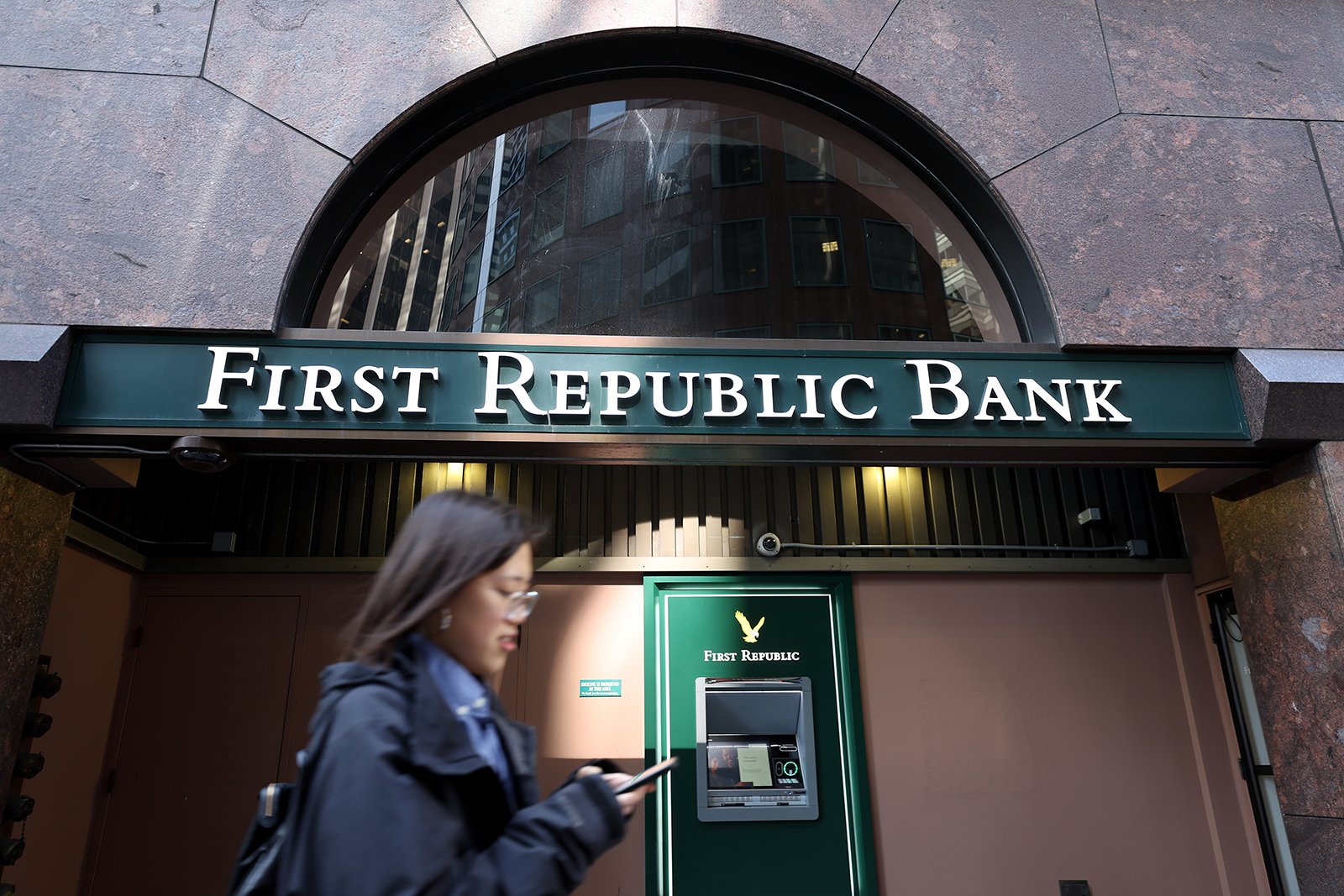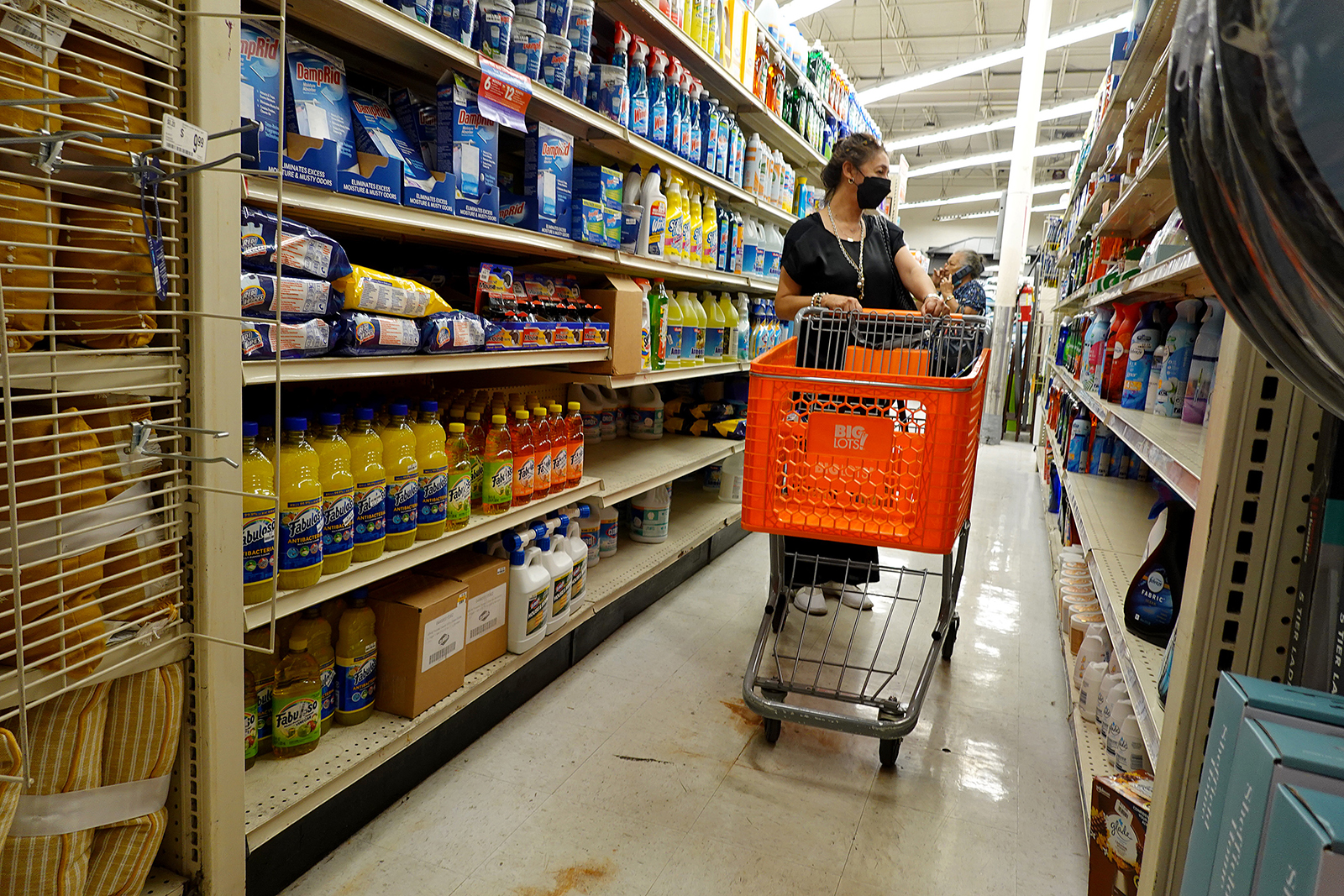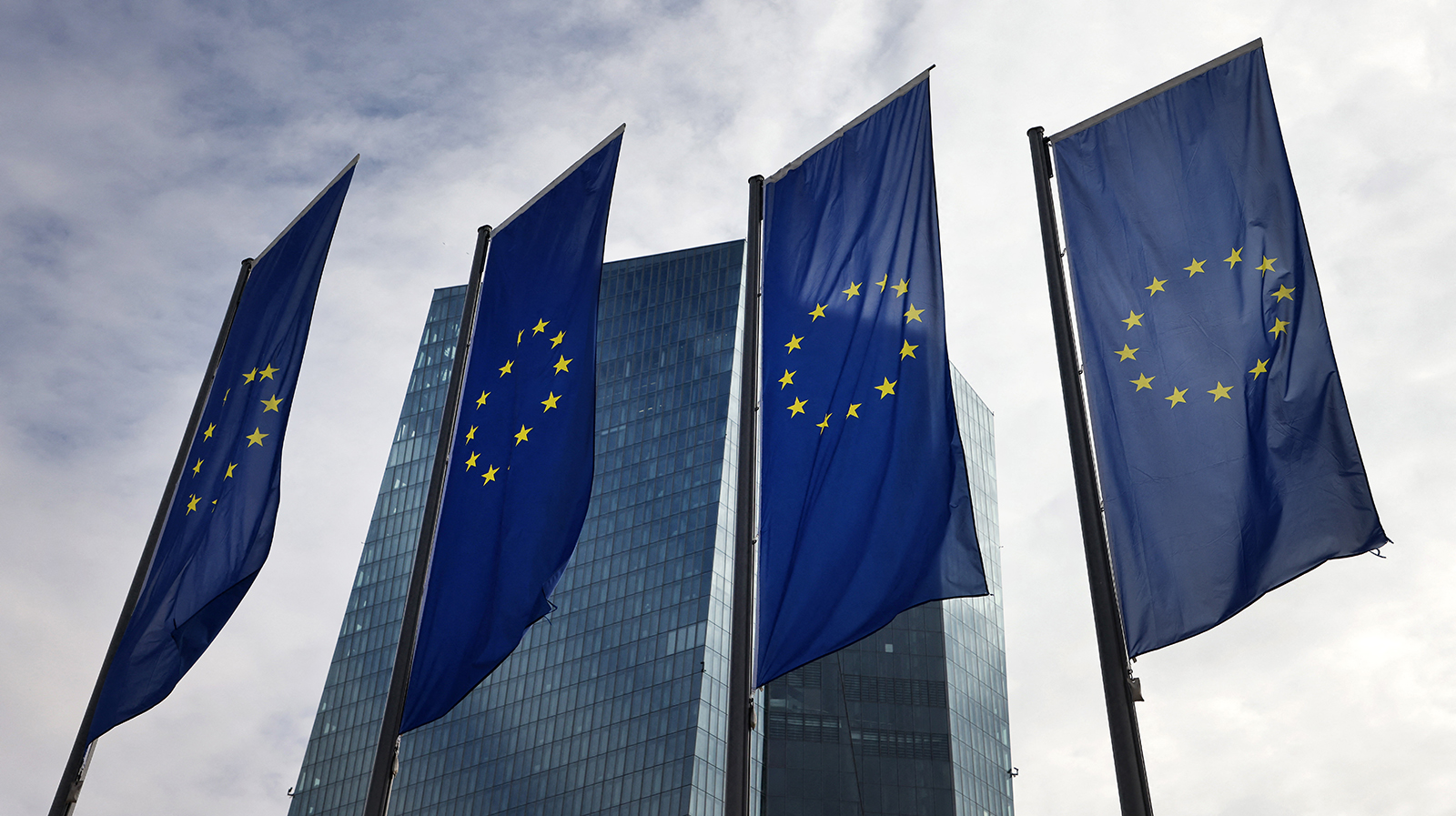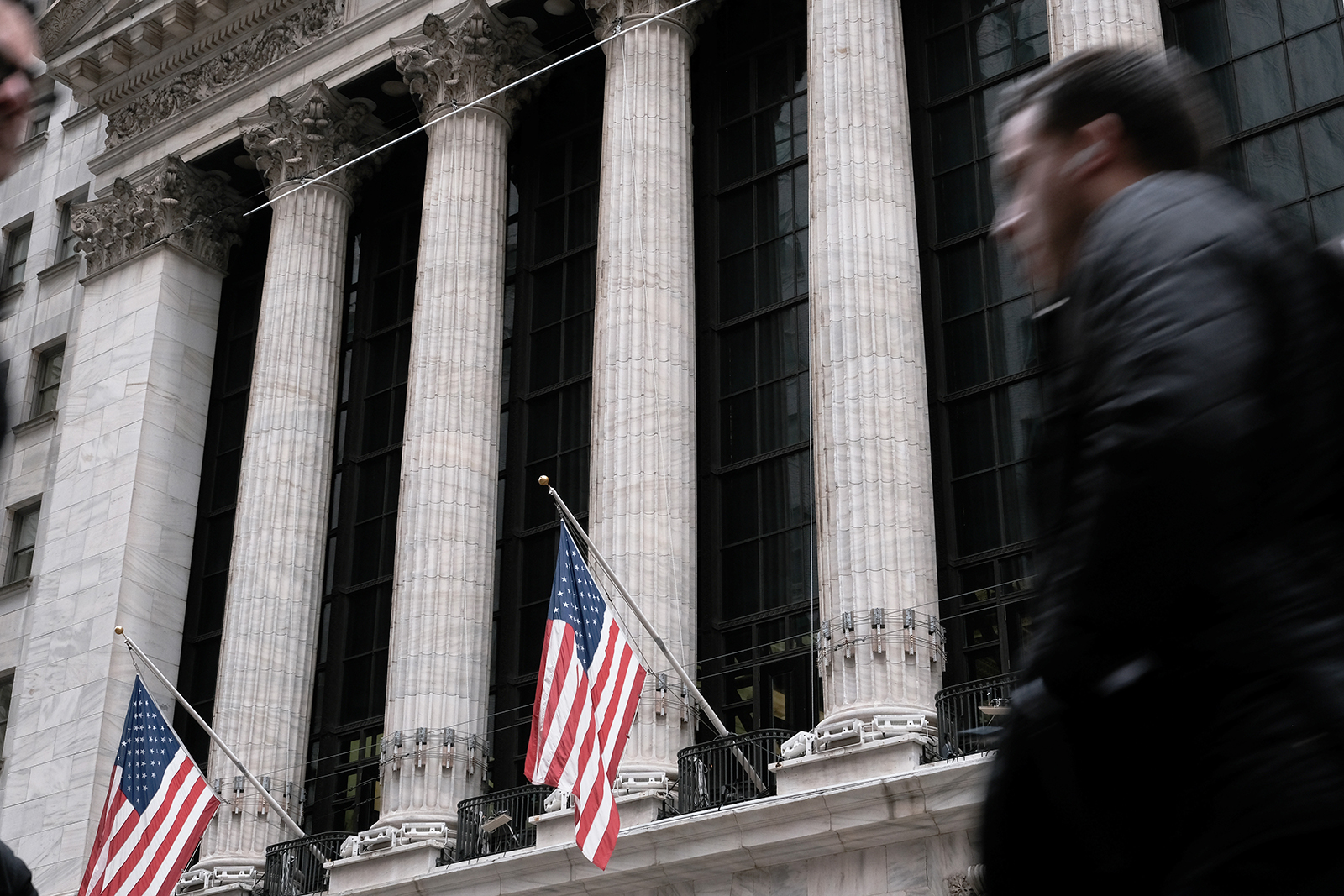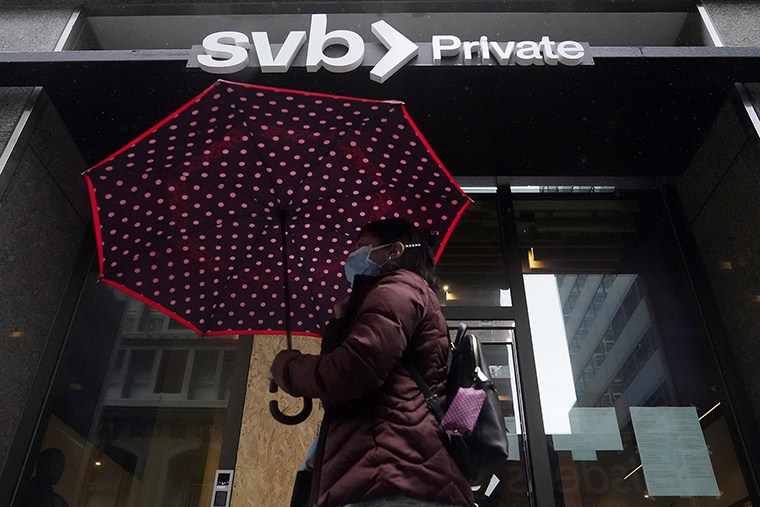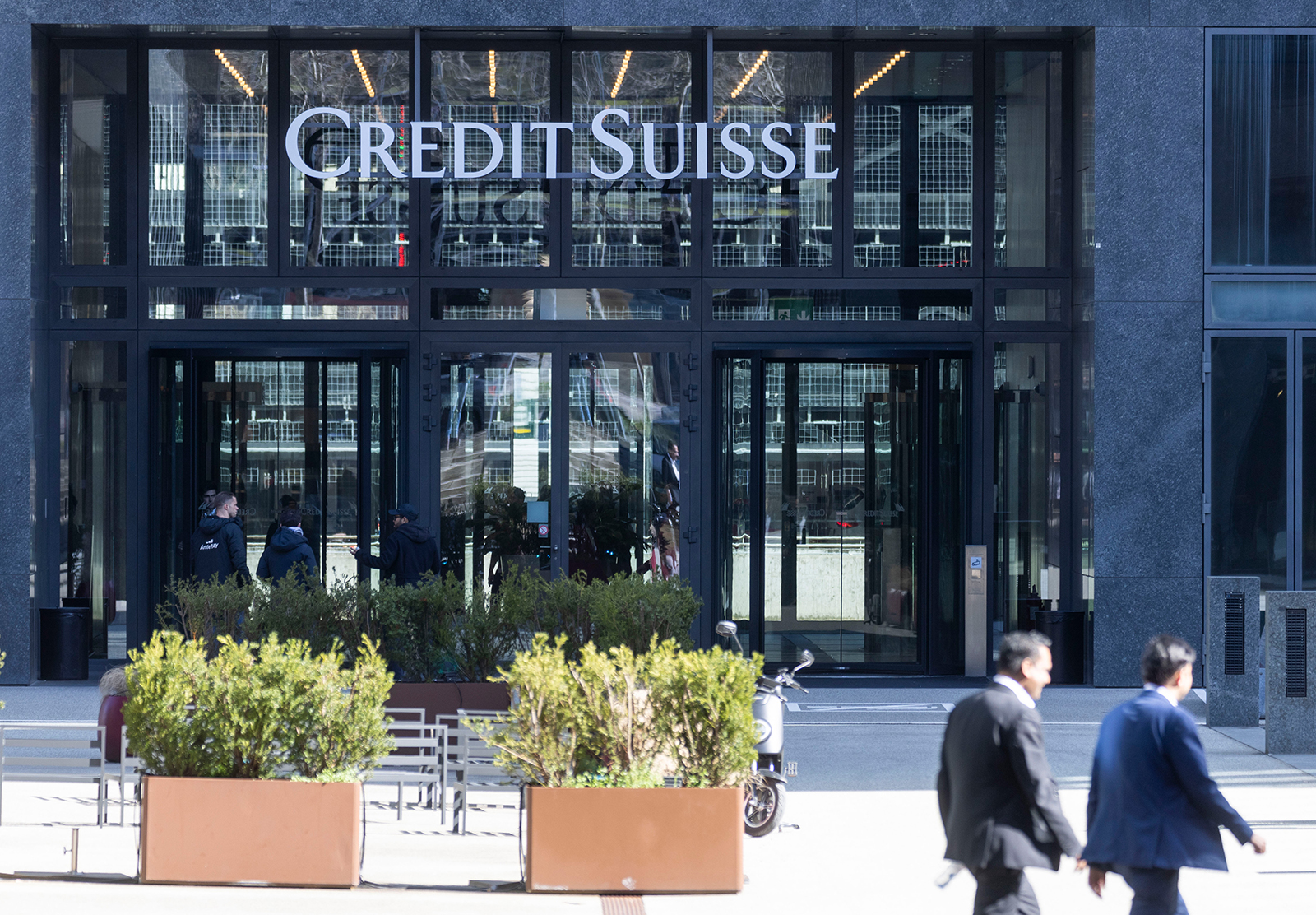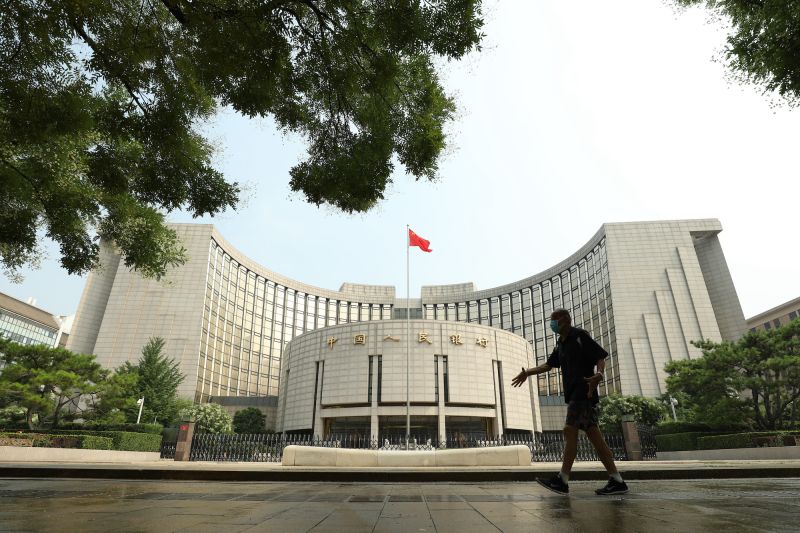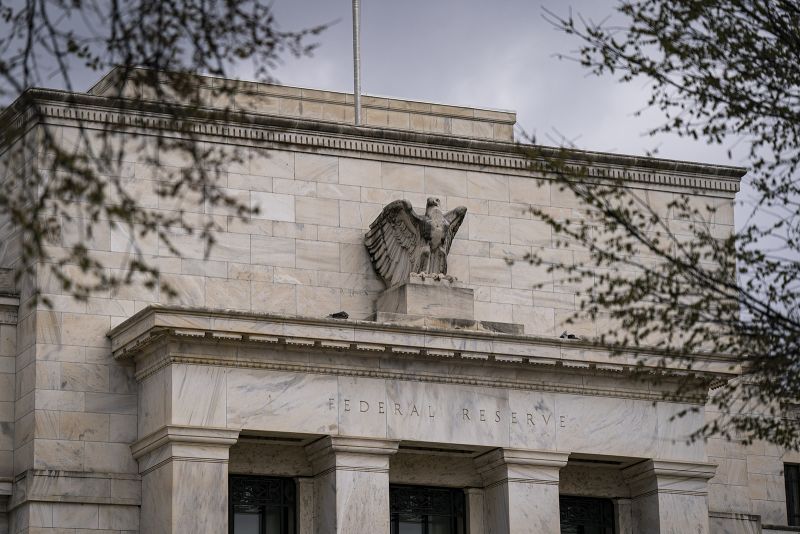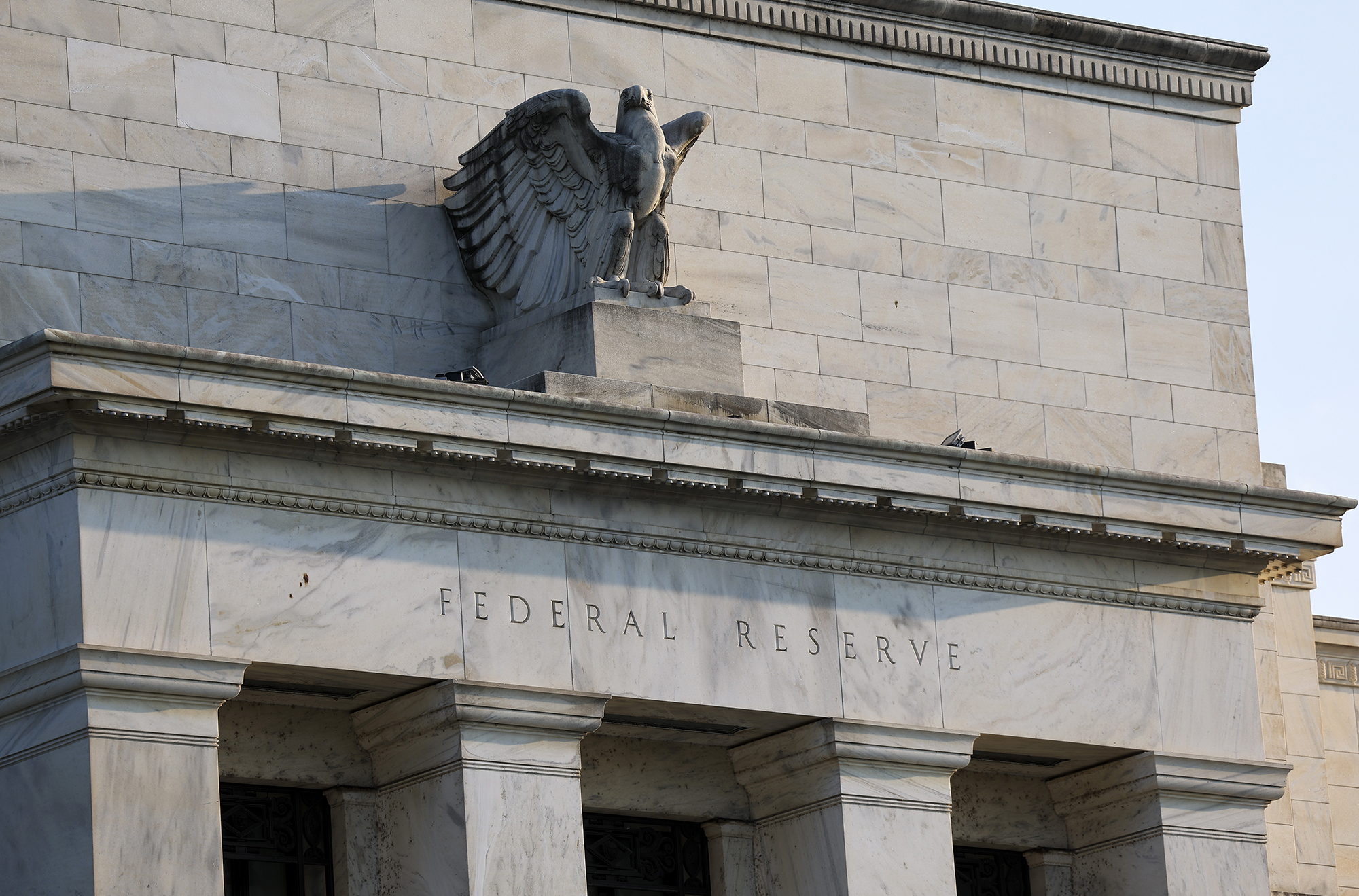
The Fed lent banks a record $153 billion from its discount window last week, the last-resort facility banks use when they have trouble accessing cash.
That shows how much strain is on the banking system at the moment.
"The sharp increase in banks’ emergency borrowing from the Fed's discount window speaks to the funding and liquidity strains on banks, driven by weakening depositor confidence following one bank winddown and two bank failures," said Jill Cetina, Moody's analyst, in a note to investors.
But Moody's, like federal regulators, noted there's nothing inherently wrong with the global banking system. None of the banks that borrowed from the Fed's discount window borrowed on secondary credit terms -- emergency, overnight loans that help deeply troubled banks keep the lights on. Those loans come with severe restrictions and more oversight from the Fed.
The fact that the loans the Fed delivered were primary credit "indicates that US bank supervisors consider the banks that needed emergency support 'healthy' and not at elevated risk of imminent failure," Moody's noted.
